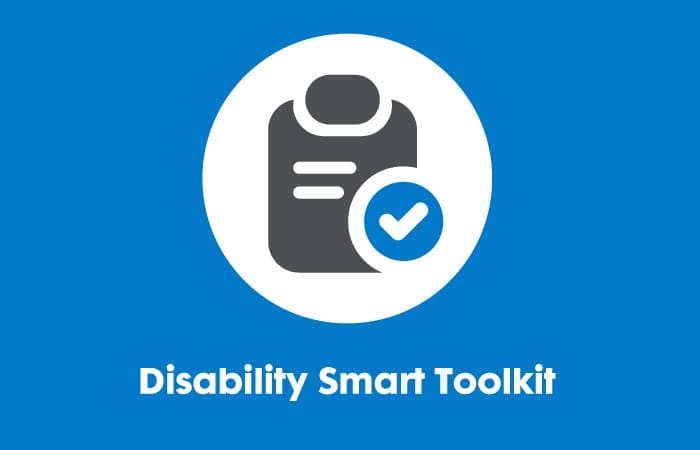Accessibility Champions and Sponsors
In order for an organisation to move their accessibility agenda forward, it’s important to have Accessibility Sponsors and Champions.

In order for an organisation to move their accessibility agenda forward, it’s important to have Accessibility Sponsors and Champions.

This resource outlines the major IT accessibility standards so that you can decide which are relevant to your organisation’s needs.

This document outlines the baseline standard required for all e-learning, to meet minimum accessibility requirements.

This guide talks about promoting digital accessibility: what it means, whom it affects and why you should do it.

A Request for Proposal (RFP) document outlines preliminary requirements for commodities or services.

To be accessible, something must be perceivable, operable, understandable and robust.

This resource provides guidance about what organisations need to consider when creating an IT policy on accessibility.

An inclusive IT strategy meets the needs of global trends that can influence a wide range of activities, processes and perceptions, both in government and in society.

This resource has been produced to help organisations consider the different types of activity that need to be funded, and to identify and manage their budgets.

This user guide helps you develop a procurement policy to ensure you buy only accessible products.

This page sets out some shared experience in how to obtain it building on the experience of members of the Technology Taskforce.

In 2015, Barclays consulted with accessibility experts and disabled people to create a range of personas, representing people with different disabilities.